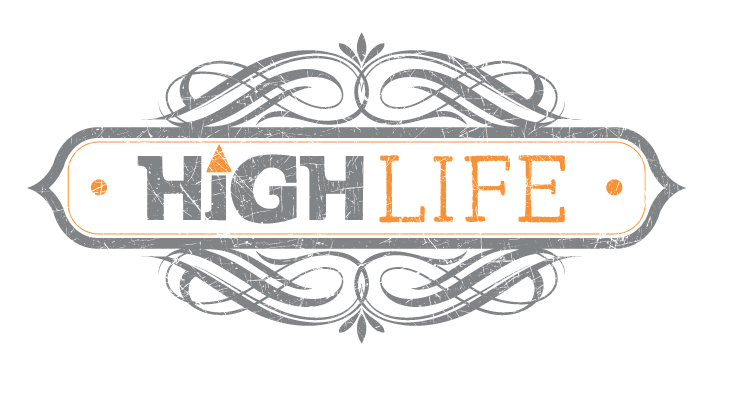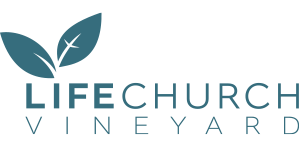Dear Parents,
I am very excited about the new series that we have started in High Life on Sunday mornings. Our new series is about identity. As I pondered what our students may struggle with the most in these difficult teen years and what we should teach on, I settled on identity. I think the quest to answer “who am I?” is perhaps the biggest struggle of those teen years. And, unfortunately, there are many many lies that we buy into regarding our identities. We do this even as adults too, because, we all know, the quest for identity doesn’t end with the teen years. We are continually, or should be, reevaluating, answering that question, “who am I?” And so I’ve chosen the four biggest areas of influence that I think we allow to mold our identity in unhealthy ways — sin, circumstances, fear, and culture. We are spending a week on each of those four areas.
 This week we considered the problem of sin in the world and how we allow sin to impact our identity. We established the fact that we should not blame God for sin, because it was not he who created it. Mankind tipped the proverbial cup of dirt into God’s beautiful clean pitcher of water that he had created. And the result is that we now live in this murky mess. We are hurt by our own poor choices, by the sins of others, and by the sheer fallenness of our world (illness, death, etc).
This week we considered the problem of sin in the world and how we allow sin to impact our identity. We established the fact that we should not blame God for sin, because it was not he who created it. Mankind tipped the proverbial cup of dirt into God’s beautiful clean pitcher of water that he had created. And the result is that we now live in this murky mess. We are hurt by our own poor choices, by the sins of others, and by the sheer fallenness of our world (illness, death, etc).
In this lesson we considered the story of Jacob in Genesis 27 and 32. Jacob has a pretty remarkable turning point in his life, and so we examined who he was before and after this turning point. Prior to wrestling with God, Jacob had many instances where he played the trickster or deceiver in order to receive gains. This is how he received his father’s blessing, and this is how he gained much of his wealth, by swindling his father-in-law. Jacob, whose name means trickster, allowed himself, we can imagine, to be influenced by those moments of deceit. If I put myself in his shoes, I can imagine that he didn’t feel all that great about who he had become, because it was all gained through dishonesty.
But Jacob he met with God one fateful night and wrestled with him all night. Come morning, God asked him “What is your name?” I find this question to be so powerful. In Jacob’s answer, I hear, “I’m a trickster, I am deceiver” and not just “Jacob.” I think we can all relate to Jacob in this moment, it’s that moment of honesty with God. “God, this is who I’ve let myself become. Please help me.” And God then changed Jacob’s name to Israel because he “struggled with God and man and overcame.” God takes Jacob’s view of himself and says, “No, no no. You are an overcomer. That’s how I see you.” And, as we know, Israel was the father of the 12 sons who represented the 12 tribes of Israel, which became the nation of Israel, an entire race of people. When we are honest with God, he can reshape our identity and our destiny.
What a precious picture in Jacob’s story of how God sees each of us. We assign all kinds of false names to ourselves — failure, not good enough, poor, ugly, dumb — the list goes on and on. But when we meet with God and get honest with him about ourselves and wrestle through those tough moments, we find that he has a new name for us. Each of our students was given a white rock (Rev 2:17) (made from paper) and asked to write their new name on it. We encouraged each student to spend time wrestling with God and being honest with him about how they see themselves. We want them to hear from him how he sees them, and then record that on the rock. I hope many of our teens will take time to do that this week and that God will reveal some awesome things to them!
Have a very blessed week,
Catherine
